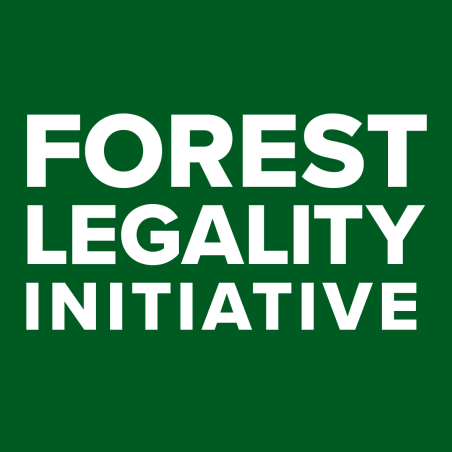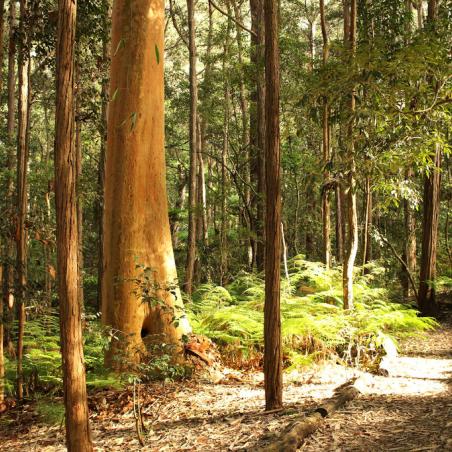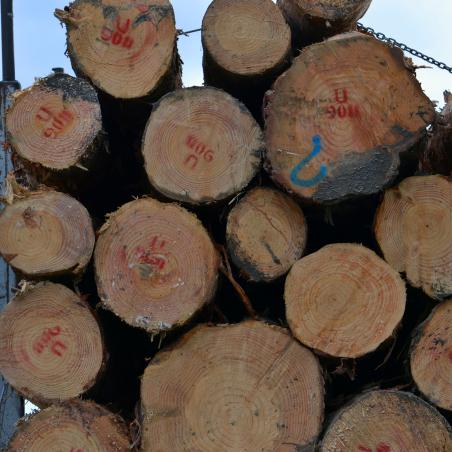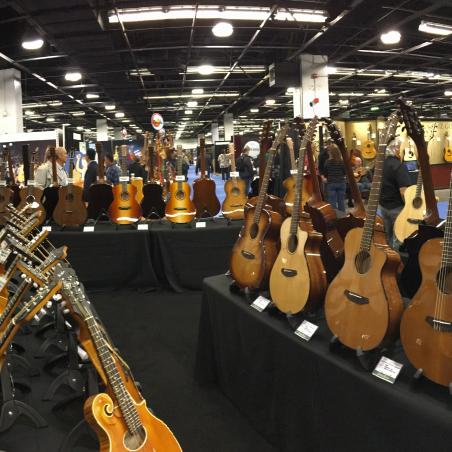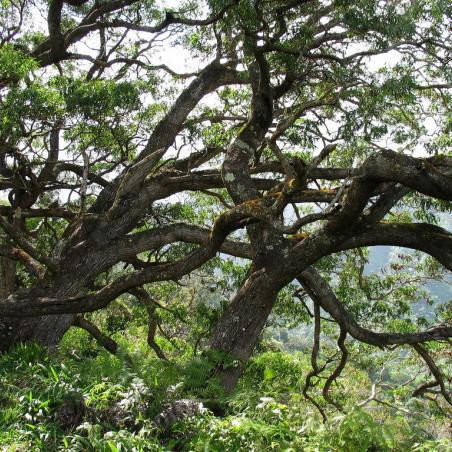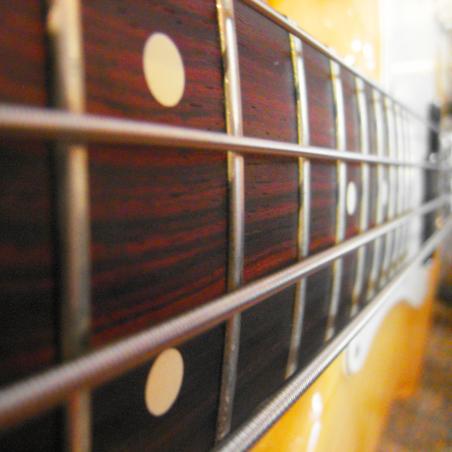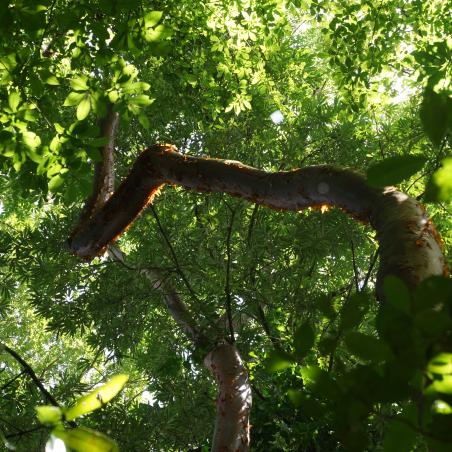News & Blogs
07/10/2017
2 Birds, 1 Stone: Fighting Illegal Logging and Wildlife Poaching with Technology
Type:
Blog Post
Wildlife trafficking is a growing epidemic. A market for exotic birds and rare seafood delicacies is exploding in Latin America. In Southeast Asia, the rising trade in pangolins – the most trafficked animal on Earth – has driven the small mammals to the brink of extinction, with hunters now pursuing African pangolins to satiate the Asian market.
06/02/2017
Event Summary: Development and Scaling of Innovative Technologies for Wood Identification
Type:
News
The Seattle Dialogue was convened to help harness wood identification (“wood ID”) technologies as part of efforts to combat illegal logging and associated trade. The meeting brought together some 60 participants, including many of the most renowned wood ID scientists in the United States (and several from overseas), with representatives of federal and state government agencies, key international institutions, NGOs, and illegal logging policy experts.
05/31/2017
Save The Date: Washington Forest Legality Week 2017
Type:
News
Building on the tradition of the Forest Legality Alliance semi-annual partners’ meeting that WRI hosted in past years, we are pleased to announce that WRI will host the first “Washington Forest Legality Week” October 17-19, with the generous support and cooperation of the U.S. Forest Service.
05/12/2017
New Asia-Pacific Trade Agreement Lacks Protections for One-Sixth of World’s Forests
Type:
Blog Post
In an era of rising anti-globalization and protectionism, countries in the Asia-Pacific region have turned their eyes to the China-backed Regional Comprehensive Economic Partnership (RCEP).
05/04/2017
Rainforest CSI: How We’re Catching Illegal Loggers with DNA, Machine Vision and Chemistry
Type:
Blog Post
The international timber trade is big business, worth some $226 billion in 2015. Unfortunately, a considerable proportion of this trade is illegal.
03/22/2017
Guitar Industry Grapples with Trade Restrictions on Rosewood, One of its Most Prized Timbers
Type:
Blog Post
More than 100,000 people recently met in southern California for the 2017 National Association of Music Merchants (NAMM) show, an annual gathering for those who buy and sell musical instruments, equipment and just about everything else related to music performance and education.
12/13/2016
Building a Sustainable Guitar: Koa
Type:
Blog Post
Building an acoustic guitar means considering the tonal balance of the wood as much as any structural properties. Guitars are traditionally made from several different tonewoods. In select cases, however, the guitar body can be made from just one wood.
12/13/2016
Building a Sustainable Guitar: Rosewood
Type:
Blog Post
Stringed instruments have existed for thousands of years, but what we think of as a modern guitar was only born in the mid-19th century. The guitar continues to develop as an instrument today along with advancements in new technologies and production techniques.
12/13/2016
Building a Sustainable Guitar: Mahogany
Type:
Blog Post
A guitar is useless unless it plays perfectly. Even the most beautiful woods can’t make up for poor construction, and the materials chosen ultimately have to serve a practical use. One of the most important parts of the guitar is the neck, which has to stay absolutely stable over years.
12/13/2016
Building A Sustainable Guitar: Sitka Spruce
Type:
Blog Post
Each fine guitar requires several rare tonewoods from around the world, representing the highest grade of the top 1 percent of all commercially available wood, a niche product with a small supply, large demand and high sales: $1.2 billion in U.S. domestic retail sales in 2014 alone.


